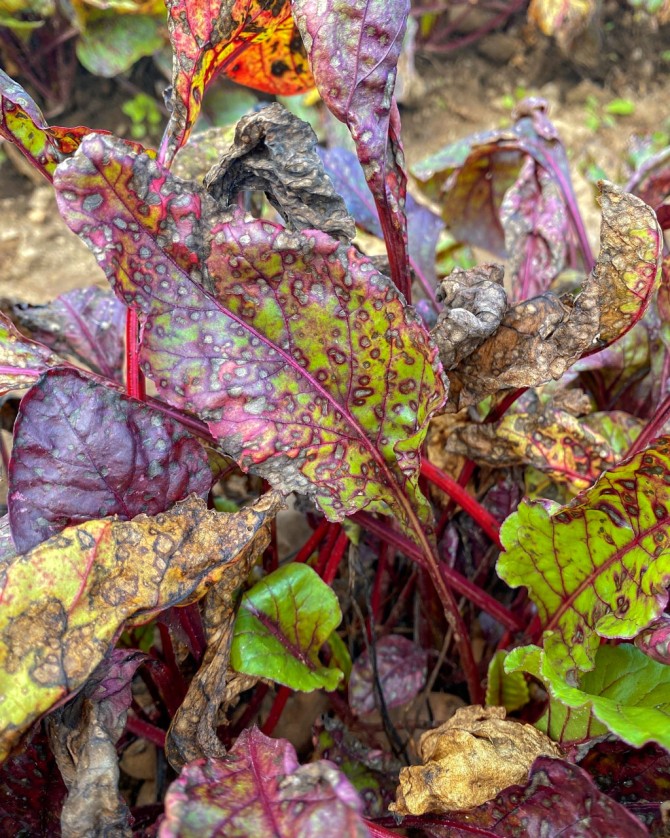The National Management Group (NMG), driving the Varroa mite program across Australia met yesterday, and has decided to transition its approach to addressing this biosecurity issue confronting the nation’s beekeepers and pollination industry.
After considering the latest scientific data and advice, governments and industry organisations have unanimously decided to move from an eradication program to a management approach.
The NSW Government has agreed with all industry and government partners that the potential to eradicate is no longer possible and that we now need to work collaboratively to manage and minimise the impact of varroa.
Despite the comprehensive $101 million spend and effort to eradicate the mite, the transition from an ‘eradication’ program to a ‘management’ program was concluded because of the many factors working against a possible eradication in Australia.
The NSW Government will work with all the national players and reallocate resources to slowing the spread of the pest and providing management options to help minimising its impact.
Communications are being developed by the NSW Department of Primary Industries and industry partners to explain to all stakeholders what this shift in program means and how the government will guide and assist affected stakeholders.
The NMG considered the following major factors for why eradication has not reached its desired objectives:
- Non-compliance by some bee industry actors with the NSW Movement Orders and the mandatory hive testing (alcohol washes), and evidence of illegal movement of bees resulting in further spread of the varroa mite.
- The recent spike in new detections, have made it clear that the Varroa mite infestation is more widespread and has also been present for longer than first thought.
- The increase in new detections and generation of a control area greater than 16,000 km2, has stretched the eradication team’s responses to their technical limit.
Minister for Agriculture, Minister for Regional New South Wales, and Minister for Western New South Wales, Tara Moriarty said:
“The priority now is for the NSW Department of Primary Industries to communicate with all the stakeholders of the beekeeper and pollination sectors and advise them what the change in program means for their industry.
“I’ve directed the Department of Primary Industries to immediately engage industry stakeholders and beekeepers to provide guidance and assistance so that they can quickly respond to the transition of the Varroa mite management program.”
Director General of Department of Primary Industries Scott Hansen said:
“The department will move swiftly to transition our team and all our stakeholders to this new approach and will be providing information and support to the industry.
“The 2399 DPI people and staff from supporting agencies and industry in the Varroa mite response team have been working around the clock since last year on this program and I thank them for their incredible effort. They have succeeded in delaying the spread of Varroa mite for more than a year which needs to be recognised.”
Chief Executive Officer of the Australian Honey Bee Industry Council, Danny Le Feuvre said:
“While eradication was the original goal, the focus will now shift to supporting beekeepers in the transition to management.
“I thank all the beekeepers for their cooperation throughout the response and especially those who have felt the emotional and financial impacts of this response.
“There is still lots industry can do to contain and slow the spread of Varroa mite, which is why NSW will operate under an interim management strategy until the National Management Plan for Transition to Management is agreed upon.
“At the same time, AHBIC will continue to work with NMG to ensure any support measures offered to beekeepers are fit for purpose.”







